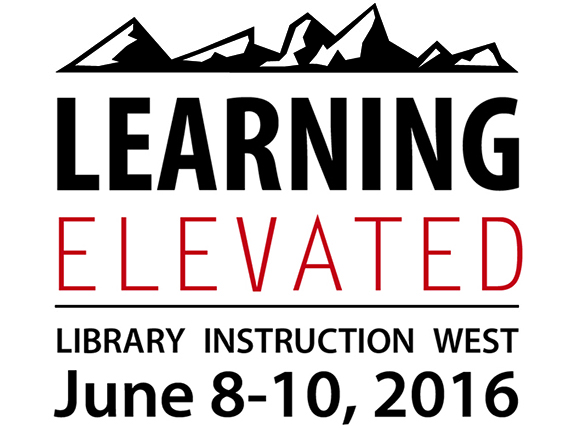
June 10, 2016
Start Date
6-10-2016 3:00 PM
End Date
6-10-2016 3:30 PM
Description
Bringing Student Learning to Life: A Faculty/Librarian Partnership Through the Human Library Librarians endeavor to engage students and faculty with the library. The hike can be frustrating and sometimes feels like it is all uphill, but the oxygen-deprivation and tired muscles are a worthy investment for the views along the way. The augustana human library takes students on their own journey by providing them with a unique way to explore a research topic through real-life narratives. This presentation describes library/faculty collaboration on assignments for undergraduate courses in women's studies and developmental psychology. Students ‘read’ Human Books who speak about firsthand experiences relevant to the course. For women’s studies, topics have included eating disorders, being transgender, bisexuality, losing a child, and sexual abuse. For psychology, topics have included autism, parenting a premature baby, and being visually impaired. Faculty members report that students value the human library as a way to integrate their learning with scholarly information. The combination of information ‘formats’ (i.e. oral narratives and journal articles) provides them with a unique and immersive learning experience.
Bringing Student Learning to Life: A Faculty/Librarian Partnership Through the Human Library
Bringing Student Learning to Life: A Faculty/Librarian Partnership Through the Human Library Librarians endeavor to engage students and faculty with the library. The hike can be frustrating and sometimes feels like it is all uphill, but the oxygen-deprivation and tired muscles are a worthy investment for the views along the way. The augustana human library takes students on their own journey by providing them with a unique way to explore a research topic through real-life narratives. This presentation describes library/faculty collaboration on assignments for undergraduate courses in women's studies and developmental psychology. Students ‘read’ Human Books who speak about firsthand experiences relevant to the course. For women’s studies, topics have included eating disorders, being transgender, bisexuality, losing a child, and sexual abuse. For psychology, topics have included autism, parenting a premature baby, and being visually impaired. Faculty members report that students value the human library as a way to integrate their learning with scholarly information. The combination of information ‘formats’ (i.e. oral narratives and journal articles) provides them with a unique and immersive learning experience.

